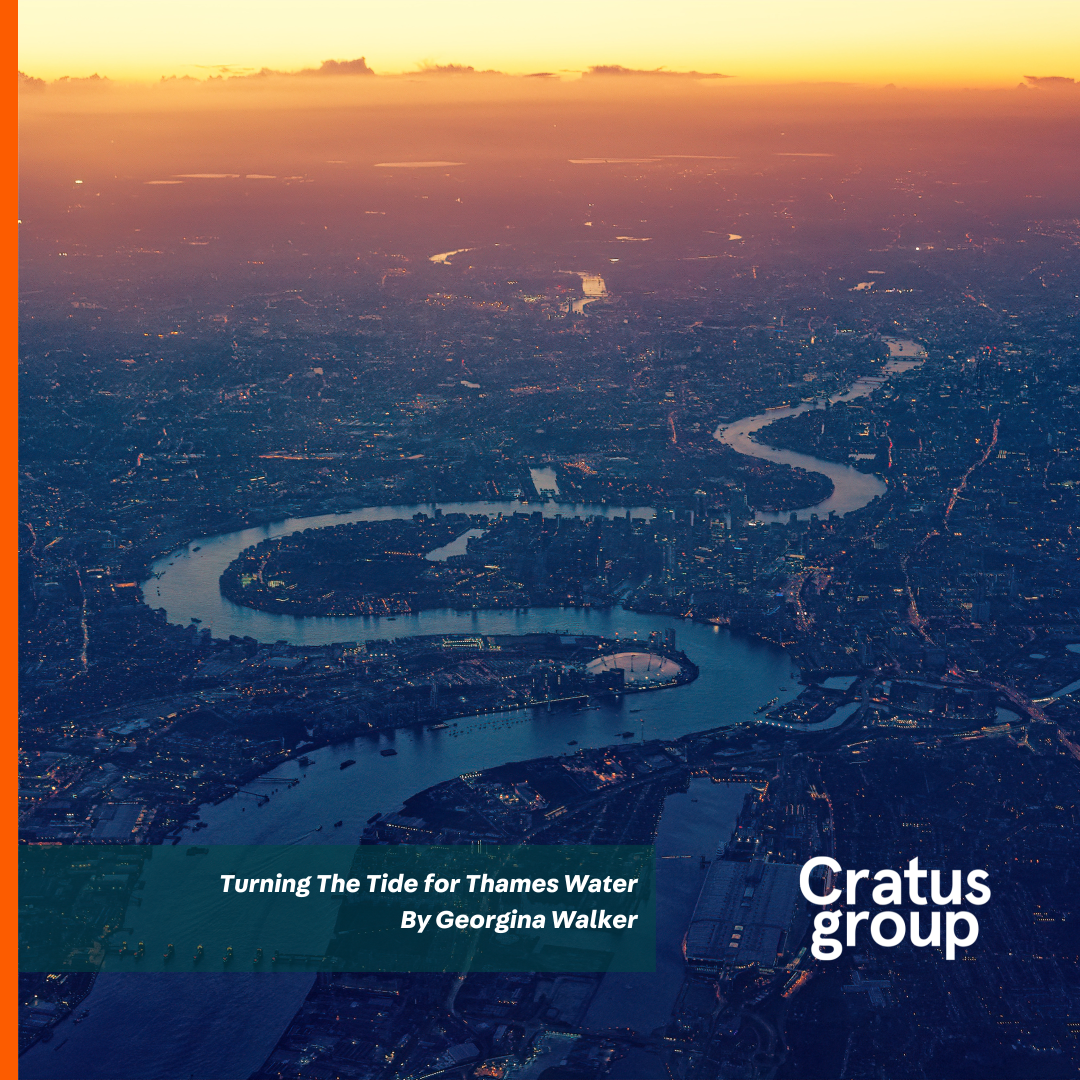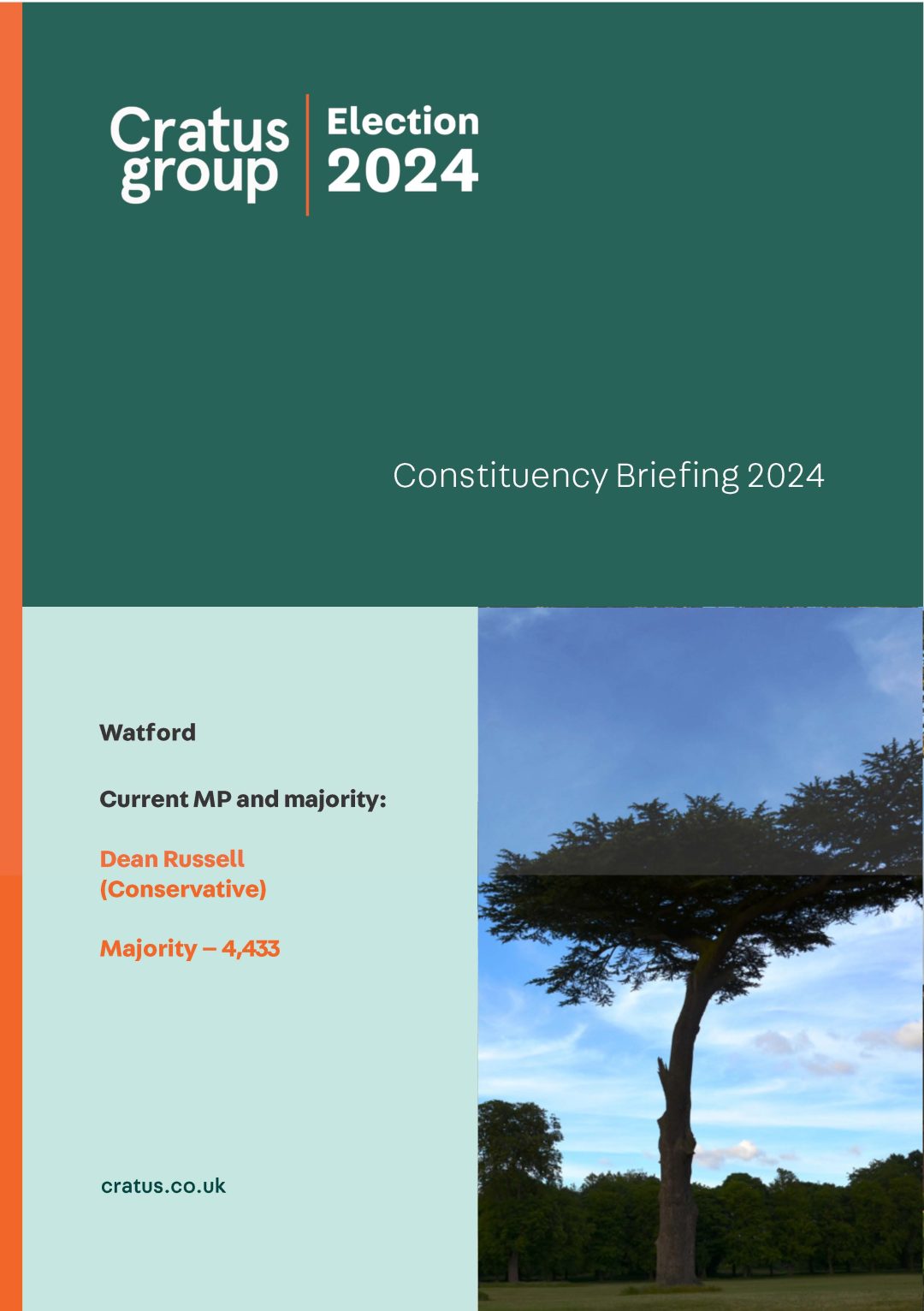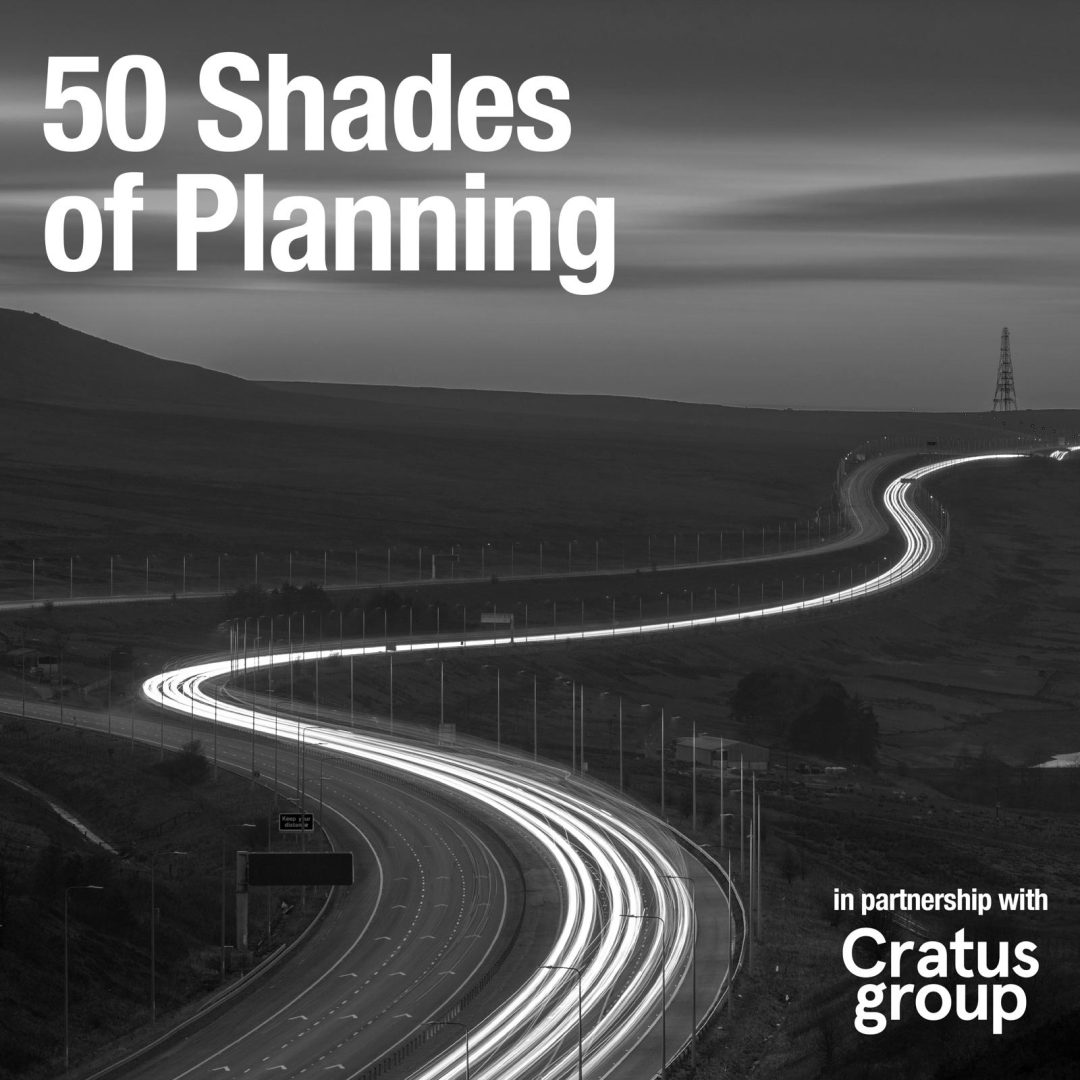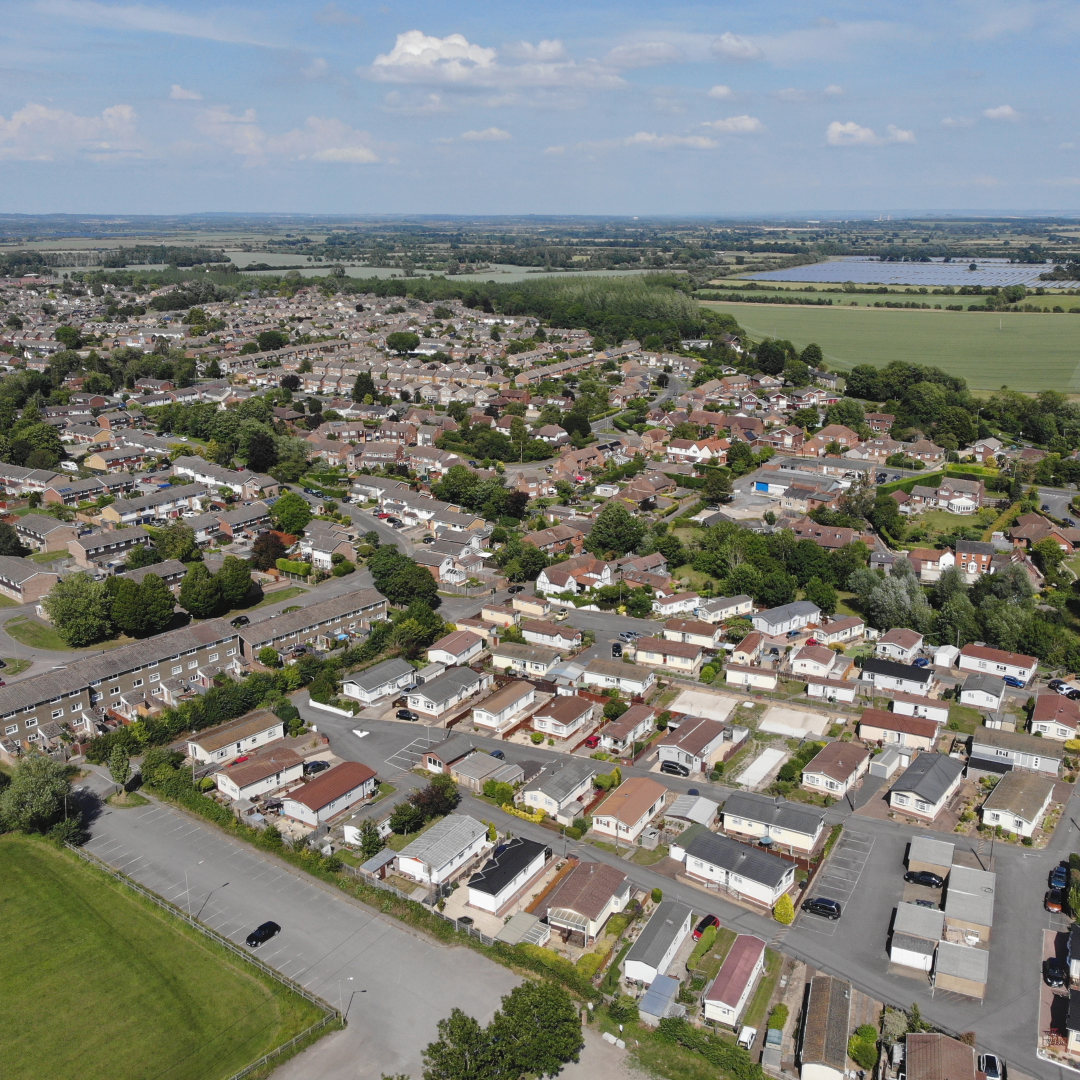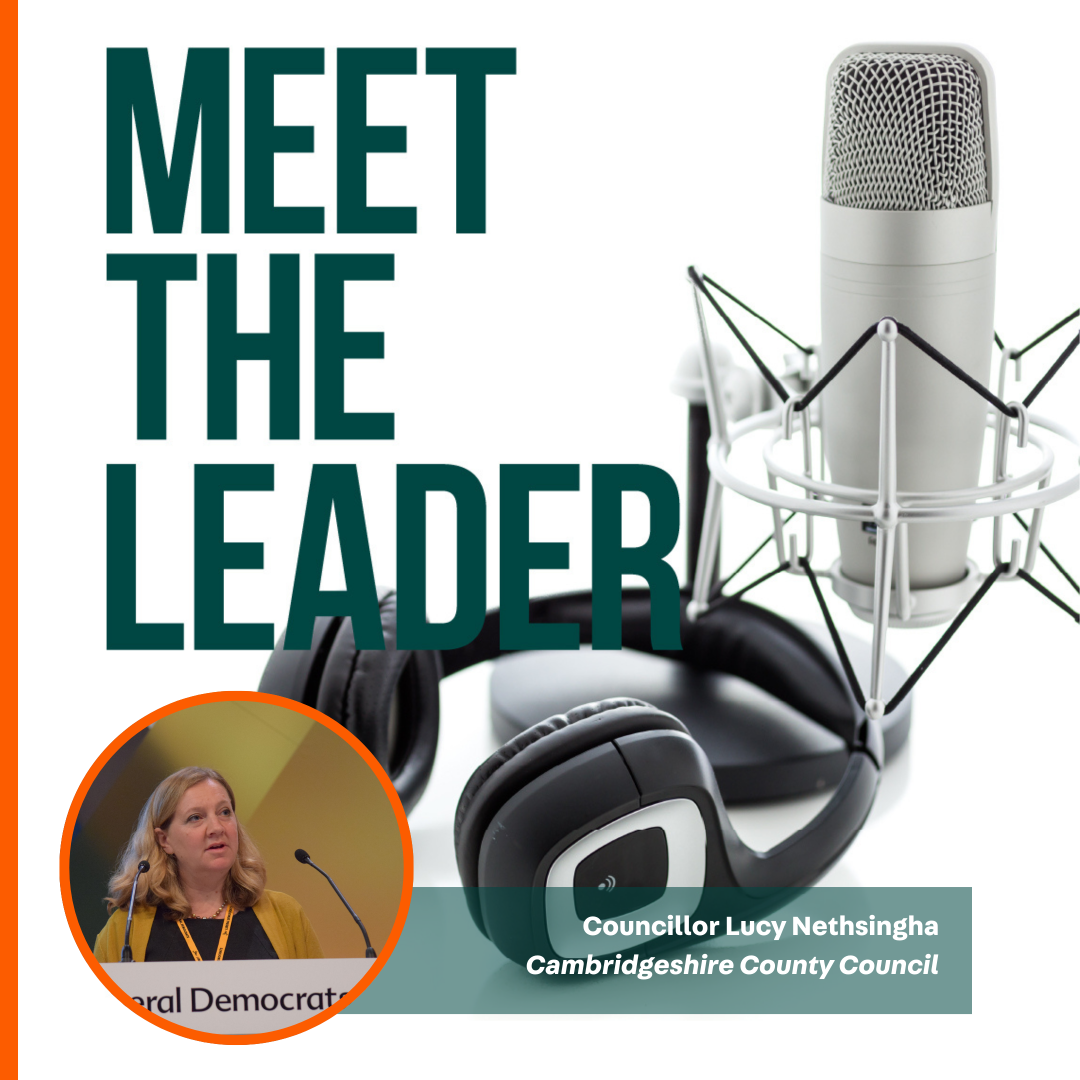Local Government by-election report – December 2018
In the run up to Christmas the by-election wheel slowed down significantly to only 12 polls during the whole of the month. Fortunately, for observers, that 12 did still include a few interesting elections dotted round the country.
In November we mentioned the Lib Dems were defending a seat in the Wolvercote ward of Oxford City on 6th December. They duly held the seat comfortably, increasing their share of the vote by 15.3% to an overall 60.5% and taking votes off Labour, Greens and Conservatives. The Council remains firmly Labour-run though with 34 of the 48 seats versus 9 Lib Dems, three Independents and two Greens. Oxford is a Conservative free zone, at least in terms of the Council seats.
Also on 6th December was the previously mentioned election to Highland Council in the ward of Wester Ross, Strathpeffer and Lochalsh. The result saw the SNP take the seat from the Lib Dems, they now hold two in the ward alongside an Independent and a Conservative. Independents remain the largest group on the Council and run the administration in a coalition with Lib Dems and Labour.
Surrey County Council held a by-election in Byfleet. Whilst Woking District is closely contested with the Conservatives only having a two seat majority, Surrey County is one of the safest Counties in the country for them. That proved not to be the case this time though as an Independent took the seat from the Conservatives by 350 votes with Labour not standing a candidate (although they only had 5% of the vote in the 2017 county elections).
Finally for 6th December, in Leicester Labour showed real electoral strength in Belgrave ward where they polled 5,477 votes in a winter-time by-election and received 86.6% of the vote in a city where they hold 55 of the 58 seats (and one of the three that they do not hold is an Independent elected as Labour).
On 12th December we had the unusual situation of an election taking place on a Wednesday. Whilst Thursdays are the norm this is more through tradition with various reasons given of it being market day or early closing day in much of the country. Thursday was also traditionally the day before pay day when workers would be more interested in their pay packet than voting and it is as far away as possible from the potential of an influencing Sunday sermon at church. Whatever the historical reason for Thursday voting, Ashfield in Nottinghamshire held a Wednesday by-election in Sutton Junction and Harlow Wood ward that proved a storming success for the local Ashfield Independents when they polled 81.9% of the vote and took the seat from Labour.
Ashfield has proved quite turbulent in recent years following the last regular elections in 2015 when Labour took 22 of the 35 seats. Just before the 2015 elections (when the General Election was on the same day) the Lib Dem Parliamentary candidate, Jason Zadrozny, was forced to stand down as their candidate after being accused of sexual offences and it being leaked to the press. He had previously come within 200 votes of becoming the MP in 2010 and was seen as a high flyer in the Lib Dem Party. Having protested his innocence (he was fully acquitted in October 2017 with the CPS admitting they had no case), he re-won his Council seat and then in November 2015 set up Ashfield Independents. All five Lib Dem councillors left the Party to join him along with two others from Labour. The Conservatives lost a seat to them in October 2017 after Ben Bradley stood down having become MP for neighbouring Mansfield, and in March and April 2018 two Labour councillors crossed to Conservatives and four more to Independents. Labour had thus been reduced from 22 councillors to only 14 with 21 opposing them. On 26th April, the Independents and Conservatives joined forces to pass a motion of no confidence in the Council and subsequently brought down the Administration. The result is that the new Leader of the Council is Councillor Zadrozny in an Independent run minority administration.
In the by-election on 12th December Conservative, Labour and the Lib Dems all lost support to Ashfield Independents with Labour getting fewer than 100 votes, Conservatives fewer than 50 and Lib Dems just five, when previously they had been vying to win the seat themselves. The next full council elections are in May, so it will be interesting to see if the Independents continue to build on their recent progress or if Labour manage to take back control.
On 13th December, Haringey and Dumfries and Galloway held their by-elections. The Haringey poll in West Green ward proved safely Labour as predicted. Labour did lose 10.2% of their vote share and the Lib Dems increased by 19.4% to be an easy second in the ward but Labour remained safely in control of the seat and Council.
In Dumfries and Galloway, the Conservatives held the seat in Dee and Glenkins ward, maintaining the three-way split with Independent and SNP. The Council remains a Labour/ SNP coalition with Conservatives the largest Party.
In Harlow in Essex, Labour retained another seat at by-election (having held two seats in November) ahead of the Conservatives where both main Parties picked up ex-UKIP votes and Labour won by 153 votes.
The Conservatives in Leicestershire had a boost on the final election day of 2018 when they took a seat from the Lib Dems in the Anstey ward of Charnwood Borough Council (based around Loughborough). Previously a split ward of one councillor each, the Lib Dems failed to even field a candidate this time, leaving Labour and Conservatives to fight it out. Having previously been well behind in fourth place, Labour look to have picked up a lot of the Lib Dem vote to only be 16 votes behind the Conservatives. The Conservatives now hold 42 of the 52 seats and the Lib Dems have disappeared from the Council.
Finally for the year, in Cumbria the death of Cllr Ian Stewart meant by-elections for both Cumbria County Council and South Lakeland District Council. The Lib Dems comfortably held both seats with two new councillors. In the district council election they took 59.4% of the vote and for the county 62% with the Conservatives a distant second both times. On Cumbria CC the Conservatives are the largest group but the Council is run by a Labour/ Lib Dem coalition who jointly hold 42 of the 84 seats. On South Lakeland DC (covering the Kendal and Windemere area) the Lib Dems are in charge with a 12 seat majority.
In the pending lists there are currently only three by-elections with a set date in January – two of them in East Sussex for the County Council and Rother District Council. Whilst there are several other vacancies listed as pending and awaiting a by-election date, any seats that have come vacant within six months of their regular re-election are not required to be filled, so some will not actually happen.
The third confirmed by-election is for 31st January in the Warlingham division of Surrey CC where the former Surrey Leader, David Hodge, who stood down as Leader in December has also resigned as a Councillor. This should be an easy win for the Conservatives having taken 56.3% of the vote in 2017 but as was shown in The Byfleets that is not always the case and Warlingham also has a strong Lib Dem presence.
One of those still waiting for a date is Warnell ward in Allerdale in Cumbria where Conservatives are defending a seat that Labour did not contest in 2015. Labour did have 28 of the 56 seats but have also lost a councillor in Ewanrigg ward within six months of the regular elections and the Council website confirms no by-election will take place for that vacancy.
Finally, the Thanet by-election in Margate Central remains unallocated as well. It came about after the Labour councillor who won the seat in February 2017 from UKIP has themselves resigned but has been vacant for some time now and possibly now not going to be called at all before the next regular elections. Thanet is a minority Conservative council but was previously the only UKIP council in the country until half the UKIP group split away into Thanet Independents. They have full elections in May when the Council composition is likely to dramatically change.

